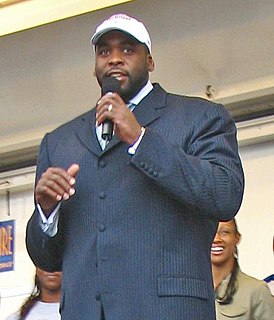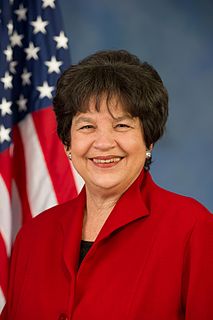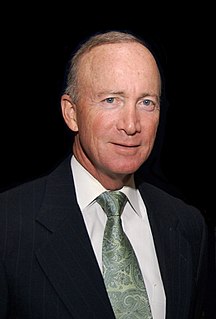A Quote by Lori Lightfoot
It's true that not every day a little black girl in a low-income family from a segregated steel town makes the runoff to be the mayor of the third-largest city in America.
Related Quotes
If you're going to compare a middle-income black kid with a middle- income white kid, and, say, you control for family background, family education, and family income, and if this middle-income black kid doesn't score as well as the white kid on the test, then I say, look, you haven't taken into consideration the cumulative effect of living in a segregated neighborhood and going to a de facto segregated school. You're denying a position at Harvard or some other place to a kid that really could make it. That's why I support affirmative action that's based on both class and race.
And before our current legislature adjourns, we intend to become the first state of full and true choice by saying to every low and middle-income Hoosier family, if you think a non-government school is the right one for your child, you're as entitled to that option as any wealthy family; here's a voucher, go sign up.





























